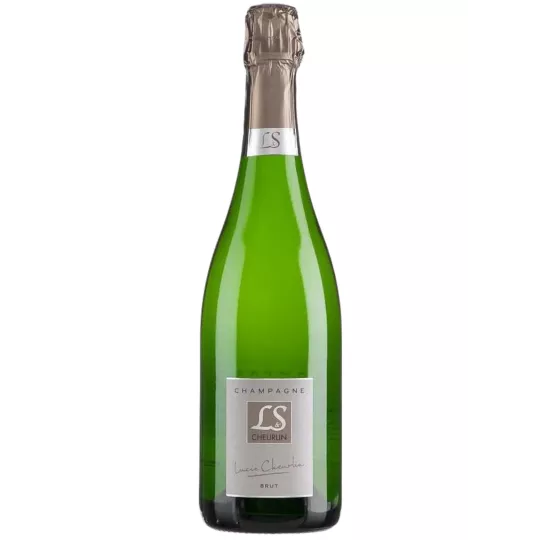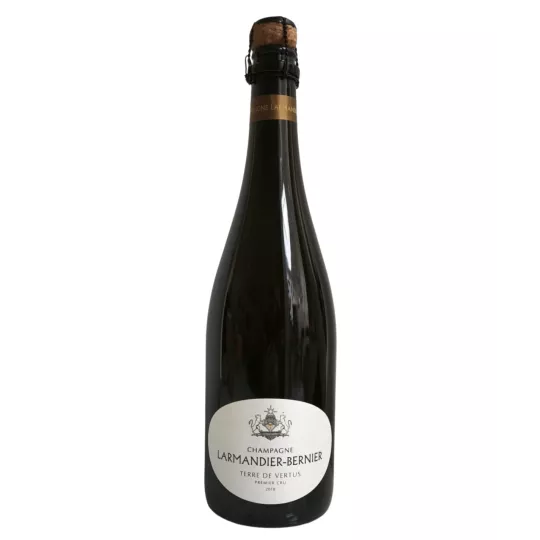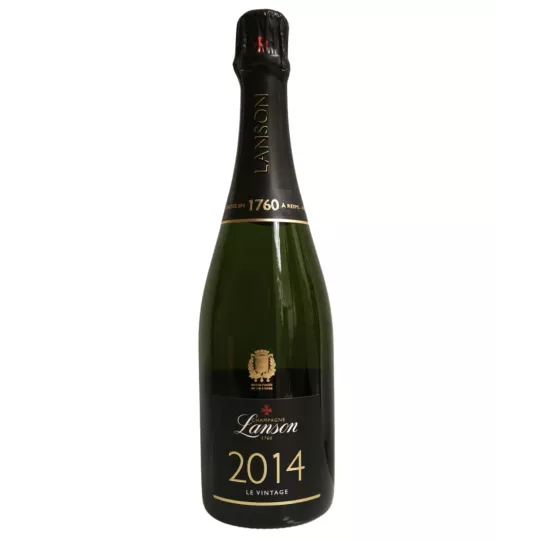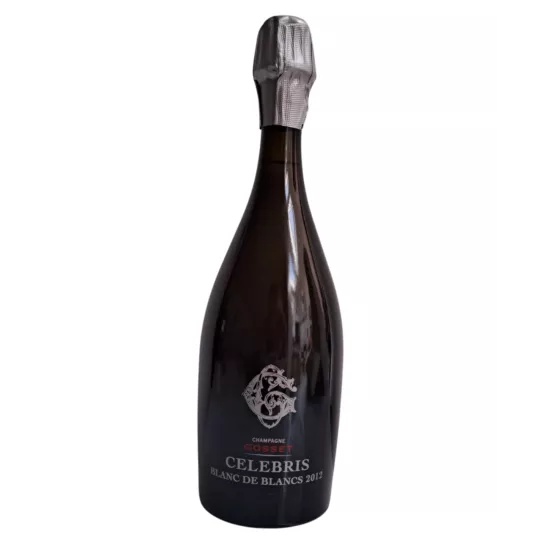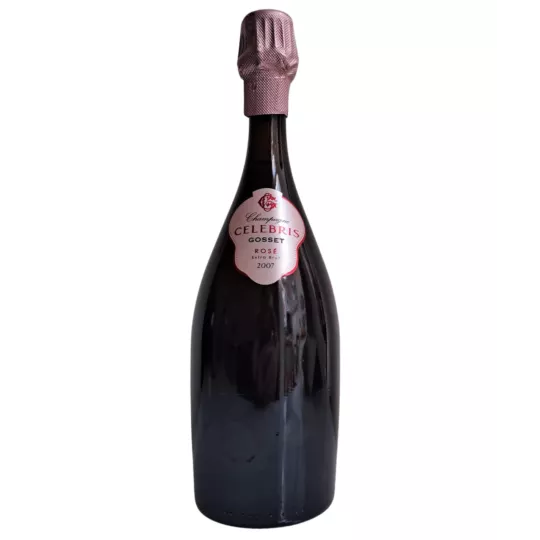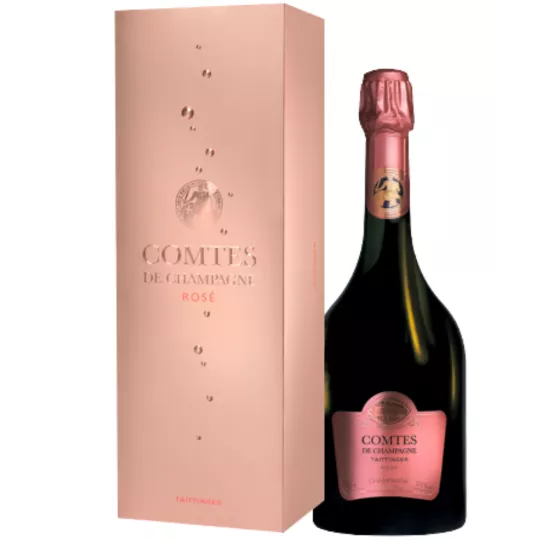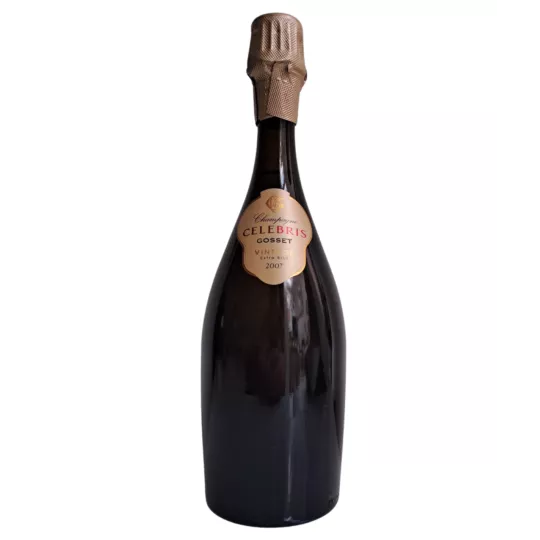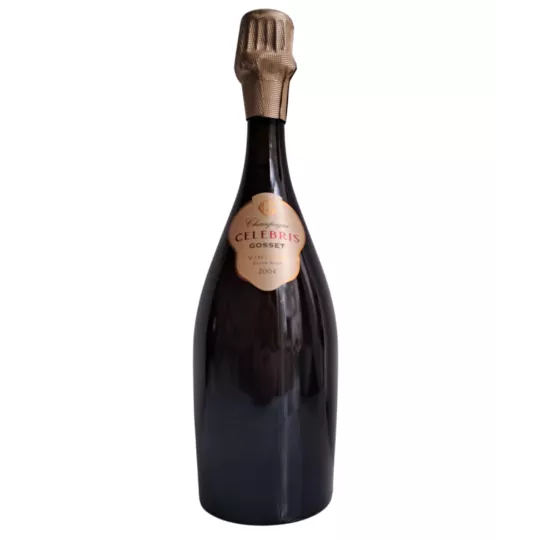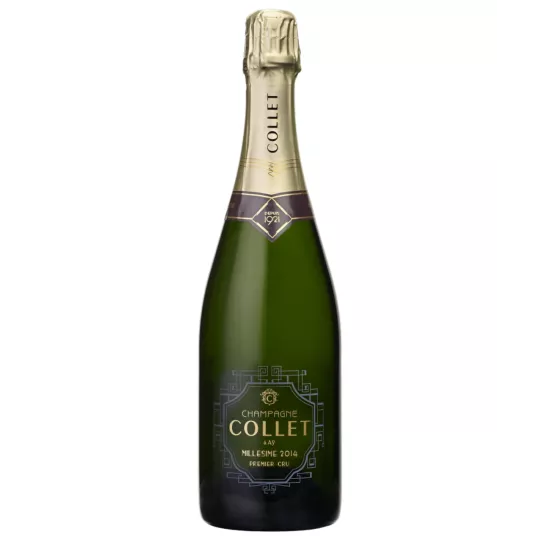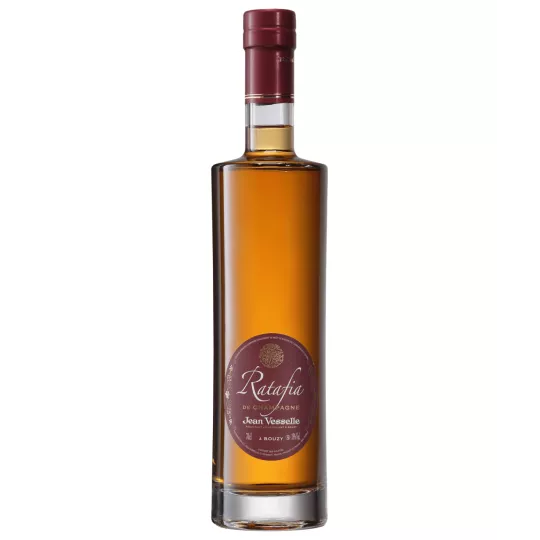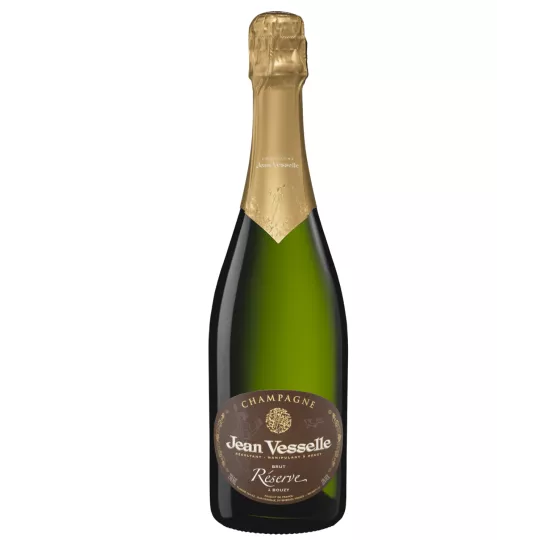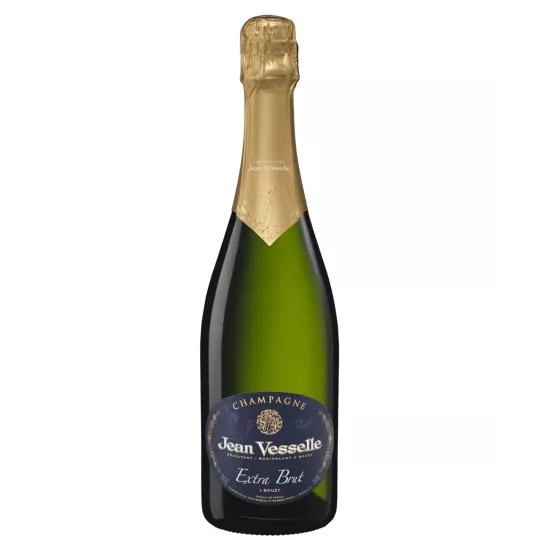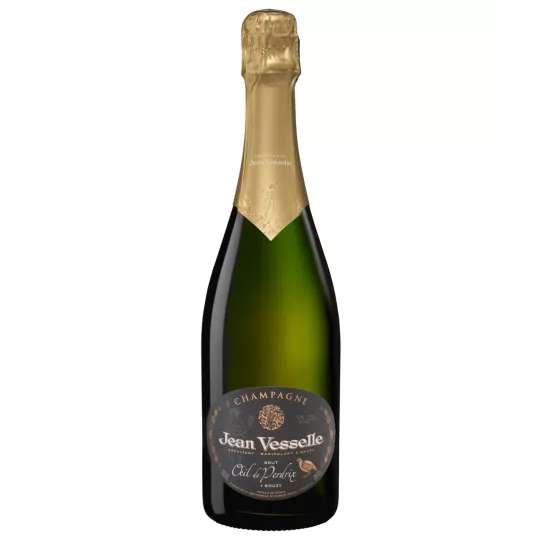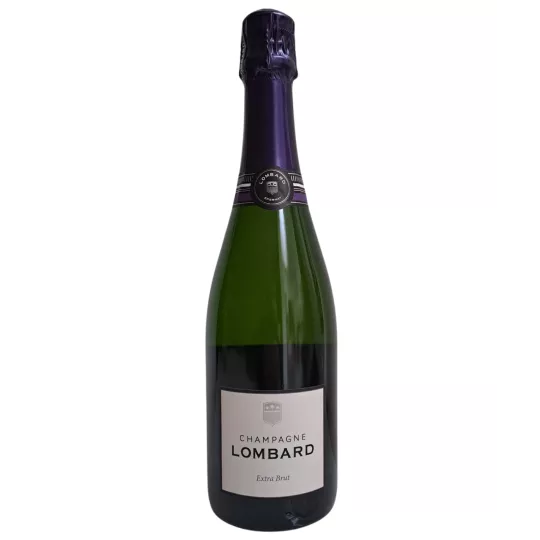
Jean Vesselle Champagne
Champagne Jean Vesselle, The Legacy of a Family Passionate about Bouzy Grand Cru
Among the great names of Champagne, emerges the exceptional production of the Jean Vesselle family, a team united by the passion for wine and the desire to satisfy lovers of the unusual and rarity.
Each member of the family dedicates their work with fervor to offer Champagne wines with a unique identity, harmonizing the specificities of each terroir and grape variety with power, refinement and finesse.
Discover the Rare and Amazing Diversity in champagne
The Jean Vesselle Champagne range embodies a rare and astonishing diversity that appeals to oenophiles. Passionate champagne winegrowers, but also gourmets, sharing emotions, tastes, and also know-how.
Explore the power of a Pinot Noir telling its soul, the delicacy of a Chardonnay weaving a Chouilly lace, or a Bouzy flower. Each label is not simply a bottle of champagne, but an identity which will tell you its history, its origin, its year.
A Terroir Where “Pinot Noir” Is Enriched With a Beautiful “Chardonnay” Finery
The Jean Vesselle vineyard, formerly made up of 15 hectares between Bouzy and Loches sur Ource, is the capital of Pinot Noir. With 90% Pinot Noir and 10% Chardonnay in Bouzy, the vineyard has gained in richness with the addition of Chardonnay in 2014 from David's grandfather.
This expansion was closely followed by the commitment to the environment, HVE “High Environmental Values” and “sustainable viticulture in Champagne” certified since 2019.
The Champagne Vineyard: A Testament of Quality and Respect for the Environment
A vineyard, spread between Bouzy, Chouilly, and Loches sur Ource, reflects the commitment to quality and respect for the environment. Since 2000, the optimization of tillage has promoted grass cover and eliminated the use of weedkillers.
Committed to renewable energies, the estate has been equipped with photovoltaic panels and a rainwater recovery system since 2007. Each investment is guided by an eco-responsible philosophy.
Winemaking: The Art of Transforming Beautiful Grapes into Good Wines
The vinification of Jean Vesselle champagne is an essential step, ensuring the consistency and quality of the wines. Since 2007, the champagne winemaker has invested in the modernization of its production site, combining quality and respect for the environment. Manual picking is followed by immediate pressing in the two pneumatic presses.
After meticulous settling, fermentations take place in thermoregulated vats, and vinification in wood, initiated in 1995, evolved with the addition of truncated conical tuns in 2013 and 2015. The blends, made with the care of the team, respect the character of the year and the typicality of each vintage.
The Cuvées of Jean Vesselle champagne: A Palette of Exquisite Flavors
Champagne Jean Vesselle Brut Réserve: Tradition in the Mouth
The ean Vesselle Brut Réserve champagne, composed of 80% Pinot Noir and 20% Chardonnay, is the very expression of tradition. Aged for 2 to 3 years, it offers a supple and delicate tasting experience, marking the exquisite start of the range.
Champagne Jean Vesselle Expression Nature: Purity in its Brut State
Jean Vesselle L'Expression Nature champagne, a blend of 80% Pinot Noir and 20% Chardonnay, aged for 2 to 3 years, is an ultra-pure cuvée, devoid of dosage. This experience, which has become a passionate project, reveals the distinctive style of Champagne Jean Vesselle.
Champagne Jean Vesselle - FAQ (Frequently Asked Questions)
Q: Where do the grapes used in Jean Vesselle Champagnes come from?
A: The champagne grapes come from our plots in Bouzy, Chouilly, and Loches sur Ource, offering rare diversity.
Q: What distinguishes the “Expression Nature” vintage from other Champagnes?
A: Expression Nature is non-dosed, highlighting the purity of the wine without added sugar, revealing the distinctive style of Jean Vesselle.
Q: What are Jean Vesselle’s environmental commitments?
A: Champagne winemaker Jean Vesselle is HVE “High Environmental Values” certified and has followed sustainable viticulture practices since 2019.
Q: What is special about “Rosé de Saignée” champagne?
A: Rosé de Saignée champagne results from a short maceration, intensifying its color and its aromas of small red fruits.
Q: What is the typical aging time for Jean Vesselle Champagnes?
A: Maturation varies between 2 and 10 years, depending on the vintage, after bottling in February.
Q: How is the vintage blended at Jean Vesselle?
A: The blends are made by the team, respecting both the character of the year and the typicality of the different vintages, under the supervision of the consulting oenologist.
